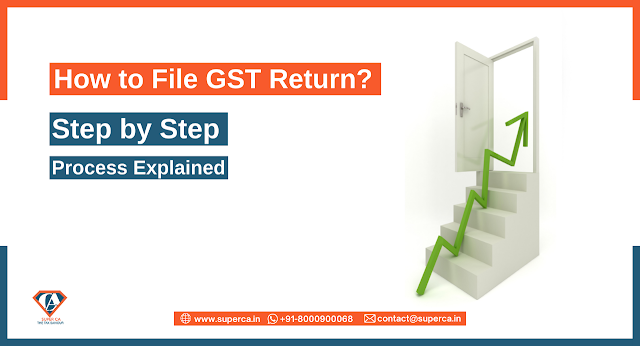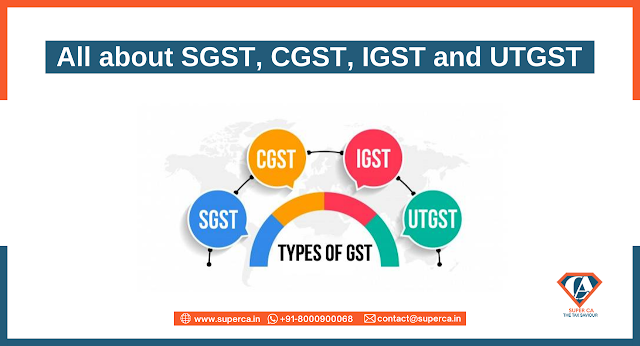Conversion of Sole Proprietorship to Partnership and its Governing Rules
Partnership Firm and Sole Proprietorship are two different business structures & also are different in terms of their working.
Sole Proprietorship registration is a popular type of enrollment of unregistered business institutions owned, managed, and operated by a single person. The sole proprietorship is the “One Man Business Entity”. All the investments for the Sole Proprietorship business are done by the single proprietor who bears all the losses and enjoys all the profits. The overall control of the business, as well as its management, is in his hands. He can appoint individuals for conducting the business, but the ownership will rest solely with him.
A Sole Proprietorship is easy to start but can also hamper your growth with time. After all, it’s difficult to build a big business as a single person. If one is looking to add partners to their business without any hassle or hindrance, then it is recommended to switch to a partnership from sole proprietorship registration. Conversion of business to partnership is possible and you can always choose to do so. It is very common for sole proprietors to convert their business into partnerships and private limited companies after the business starts growing. But due to a ton of information scattered online, many people get confused.
It should be noted that there is no specified provision on how to convert a sole proprietorship registration into a partnership. But still, there are various mentions in the GST Act on converting a sole proprietorship registration into a partnership firm. It includes obtaining GST registration for partnership, Drafting a partnership deed followed by transfer of unutilised Input Tax Credit (ITC) to partnership firms, and cancellation of GST of sole proprietorship registration.
Procedure For Conversion Of Proprietorship Into A Partnership
Drafting of the Partnership Deed
Drafting of the Partnership Deed would be the first step in the conversion of a sole proprietorship into a partnership firm. The major inclusion in the deed must be the declaration about the sole proprietorship which is being converted into a partnership by adding more partners and bringing in investment. The deed must state how much capital will each partner invest, how the profits and losses are split and what happens after retirement to one or more partners.
The deed must also state the details of all the changes expected to occur with the introduction of the new business partners. Due sare should be taken to include the details of the capital invested by each partner, salaries and shares in profits to be paid to partners, rate of interest on capital, profit-sharing mechanism and responsibilities in case of losses. There should be no reason for vagueness that may lead to unnecessary future disputes. Further, the deed shall mention the proposed date for starting the operations of the partnership.
All changes that will occur on account of the introduction of the new partners should be recorded. If there is a change in the registered address of the business, the same should be included as well.
A new registration is not a necessary procedure in this case. Registering the deed will enable the partners to file suits between them or on the behalf of the partnership firm. The sole proprietorship immediately gets dissolved after the deed is attested and accepted by all the partners and the partnership deed becomes effective.
Obtaining GST Registration for Partnership
Once the partnership deed is ready, the taxpayer has to apply for the PAN number with the income tax department as it is a mandatory prerequisite to apply for registration under GST.
Once the GST number is successfully generated, it is required to open a current account of the firm. After this, complete the process of seeding such Bank account details to GST registration.
The partnership firm shall also have to apply for registration under other statutes as the nature of the business demands. In case the sole proprietorship firm owns a trademark, the change regarding the inclusion of partners needs to be added in the trademark registry as well.
Stamp Duty
For confirming the validity of a partnership deed, the partners must pay the stamp duty required as per the capital of the firm. The amount of stamp duty payable depends on the amount of capital contribution by partners. The rate of duty is prescribed under the State Stamp Act that differs for every State. Amount of ₹ 500 is included in our package.
Cancellation of Sole Proprietorship Registration
Now finally, in a proprietary firm, file all GST Returns and pay pending taxes.
Once all tax dues are paid off, apply for cancellation of Sole Proprietorship Registration through Form GST REG 16 giving reasons as ‘Change in legal Structure of firm’. It will also ask to enter the GST number of the new Partnership firm.
After this, transfer all assets and liabilities into partnership firms as the sale of the business by the proprietor to a partnership firm. Further, the proprietorship firm under offline or online sole proprietorship registration has to file all GST returns till the new GST registration of the partnership’s date is announced. The partnership firm has to start filing the GST returns from the date of new online GST registration.
It has been provided under the GST laws that in case of such conversion, there is no need to pay GST on such transfer of assets from one entity to another.
However, it is also provided that, in case of conversion, existing firms should cease to be taxable persons at all i.e there should not be any movement in existing firms after transfer of all assets.
It was the overall process of converting a proprietorship firm into a partnership business. It should also be noted that almost the same procedures mentioned above apply in other cases, where one legal entity converts into any other legal firm.

Online GST Registration | Online GST Return Filing | Online Company Registration | Online Sole Proprietorship Registration




Comments
Post a Comment